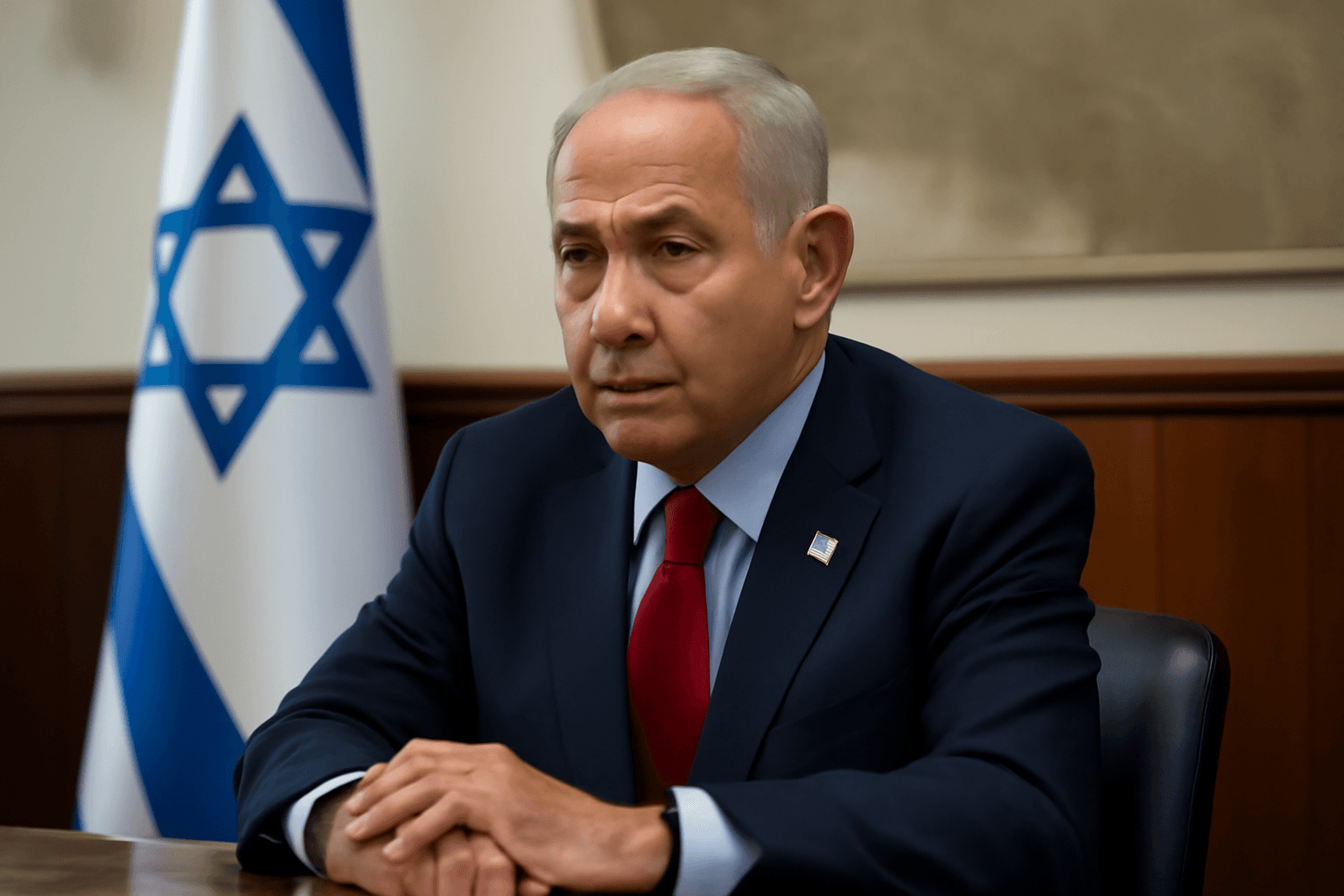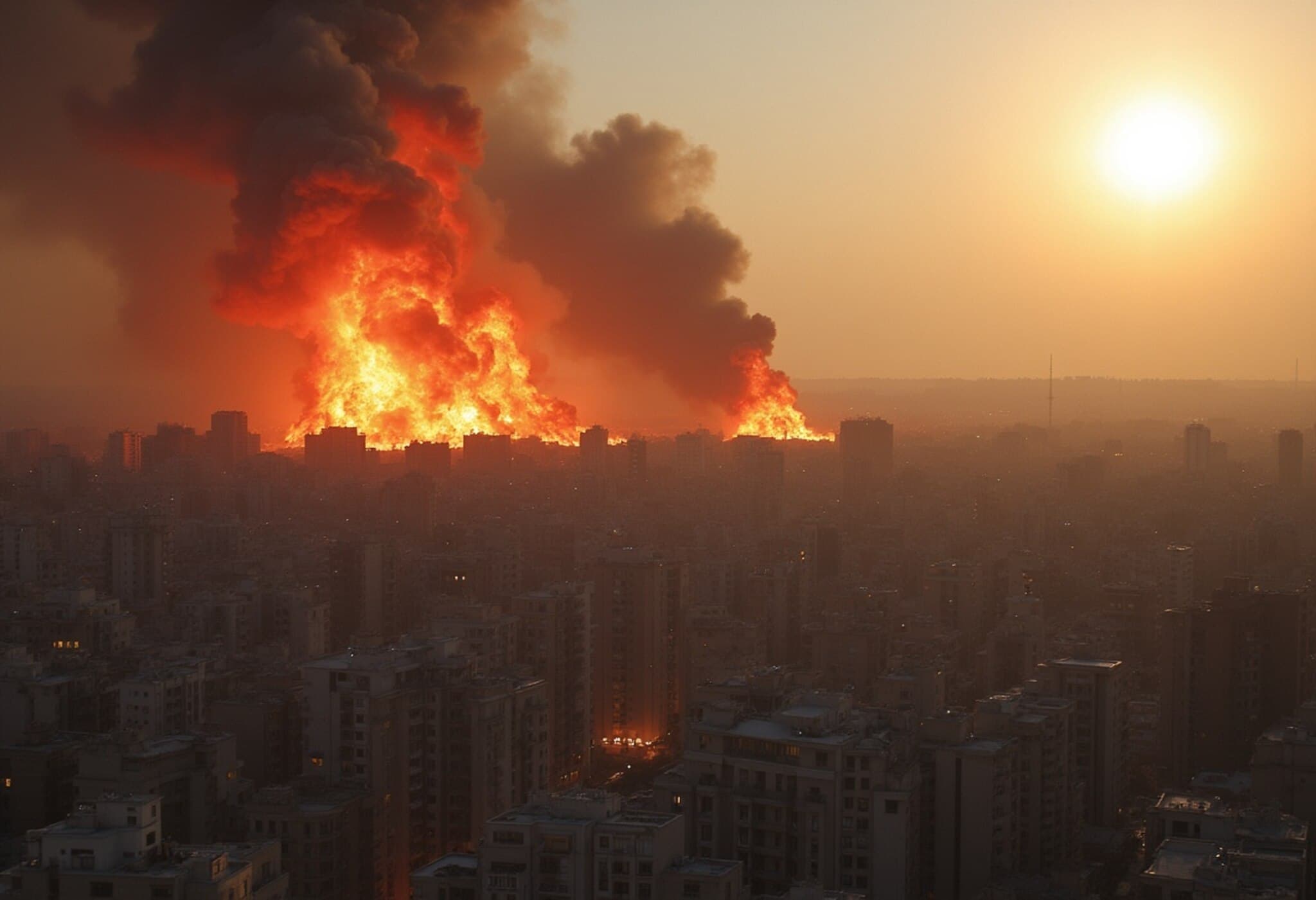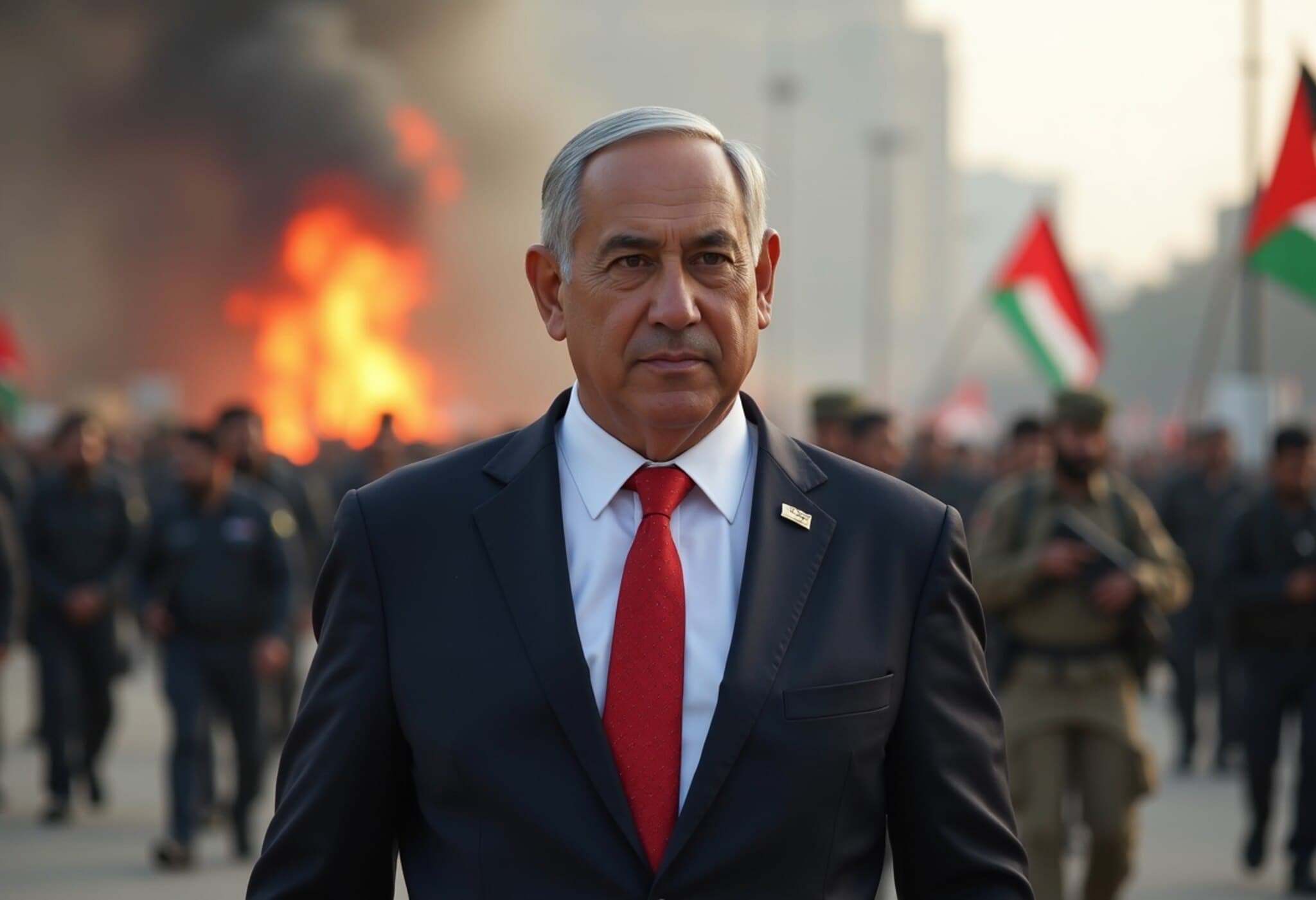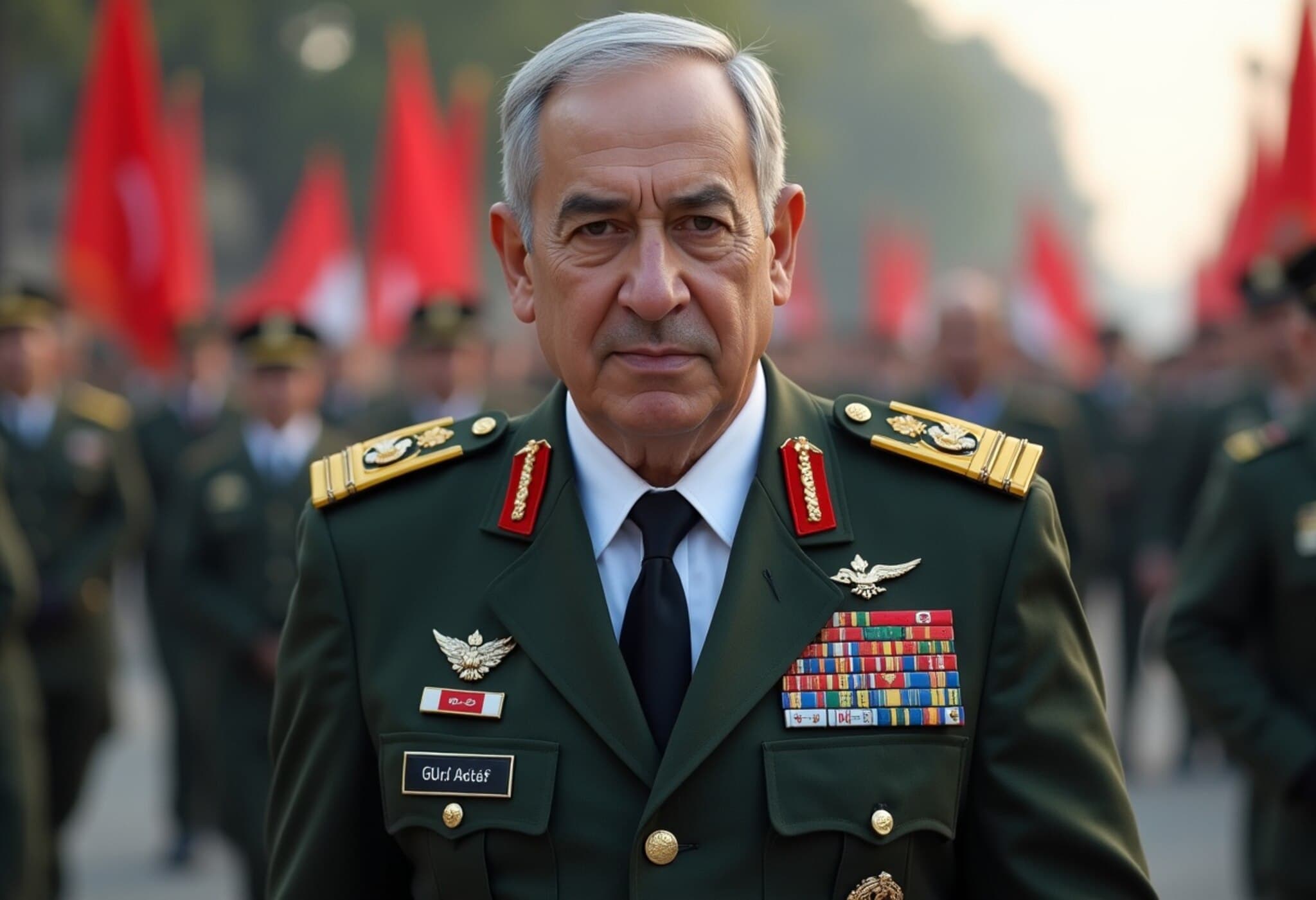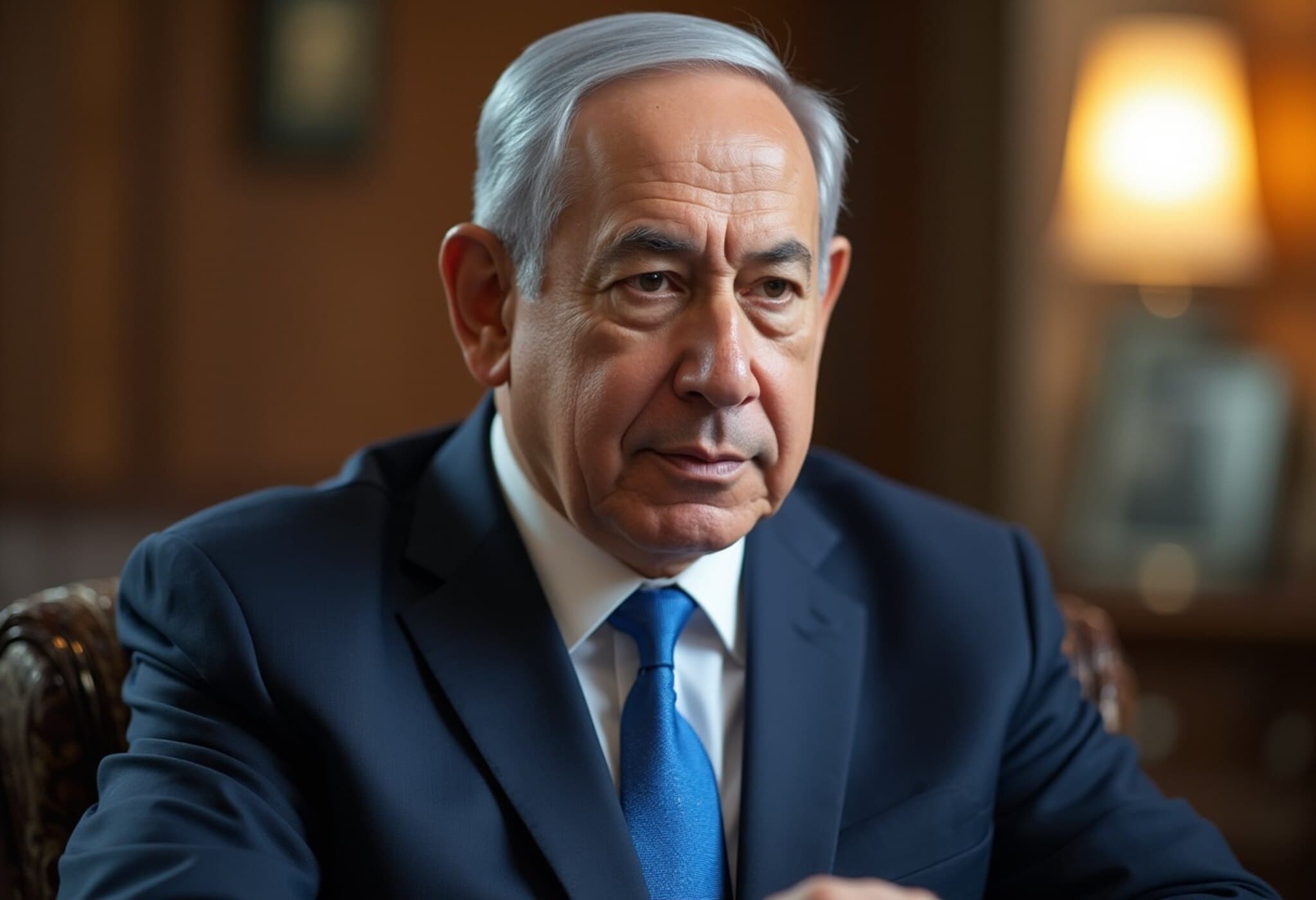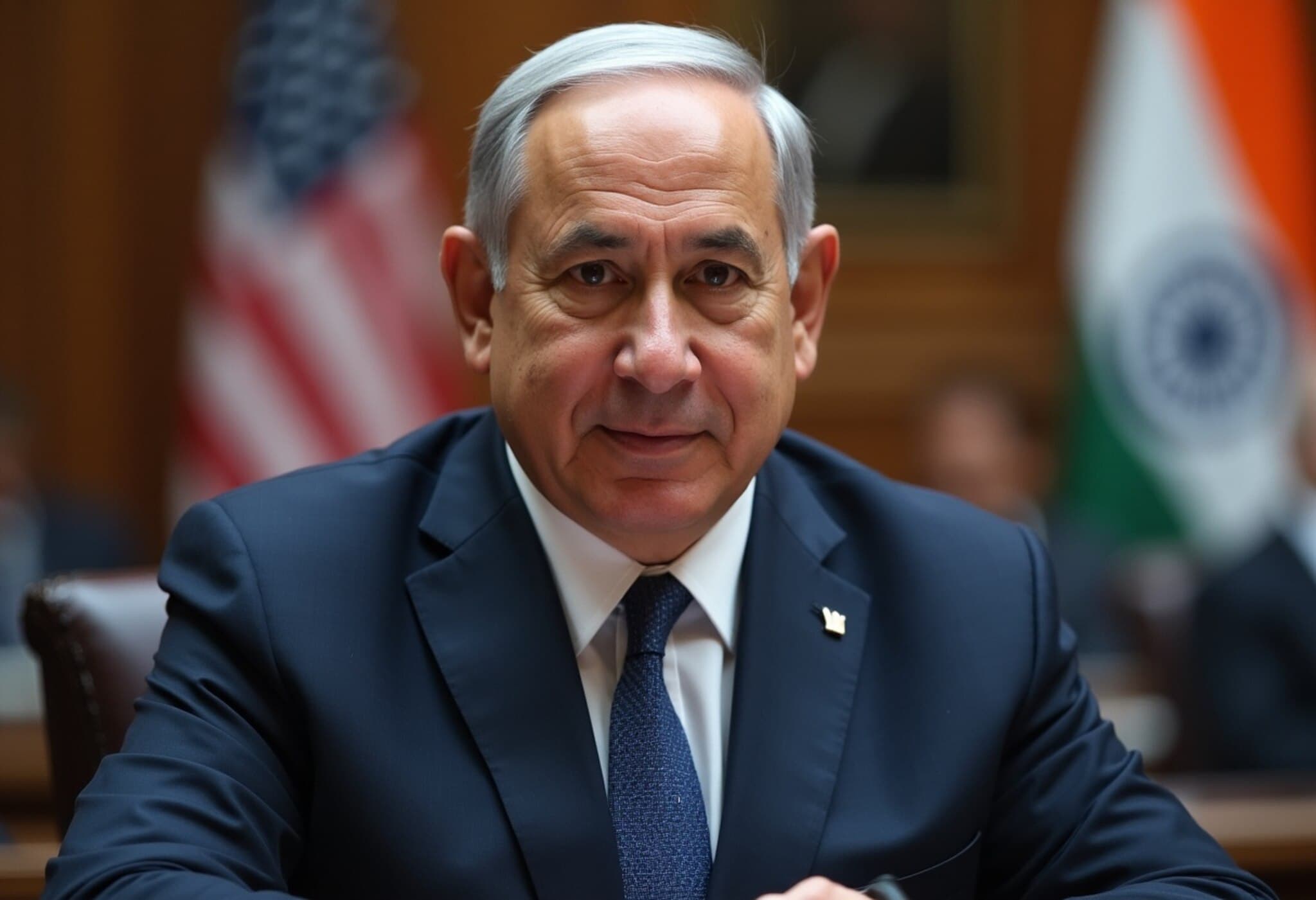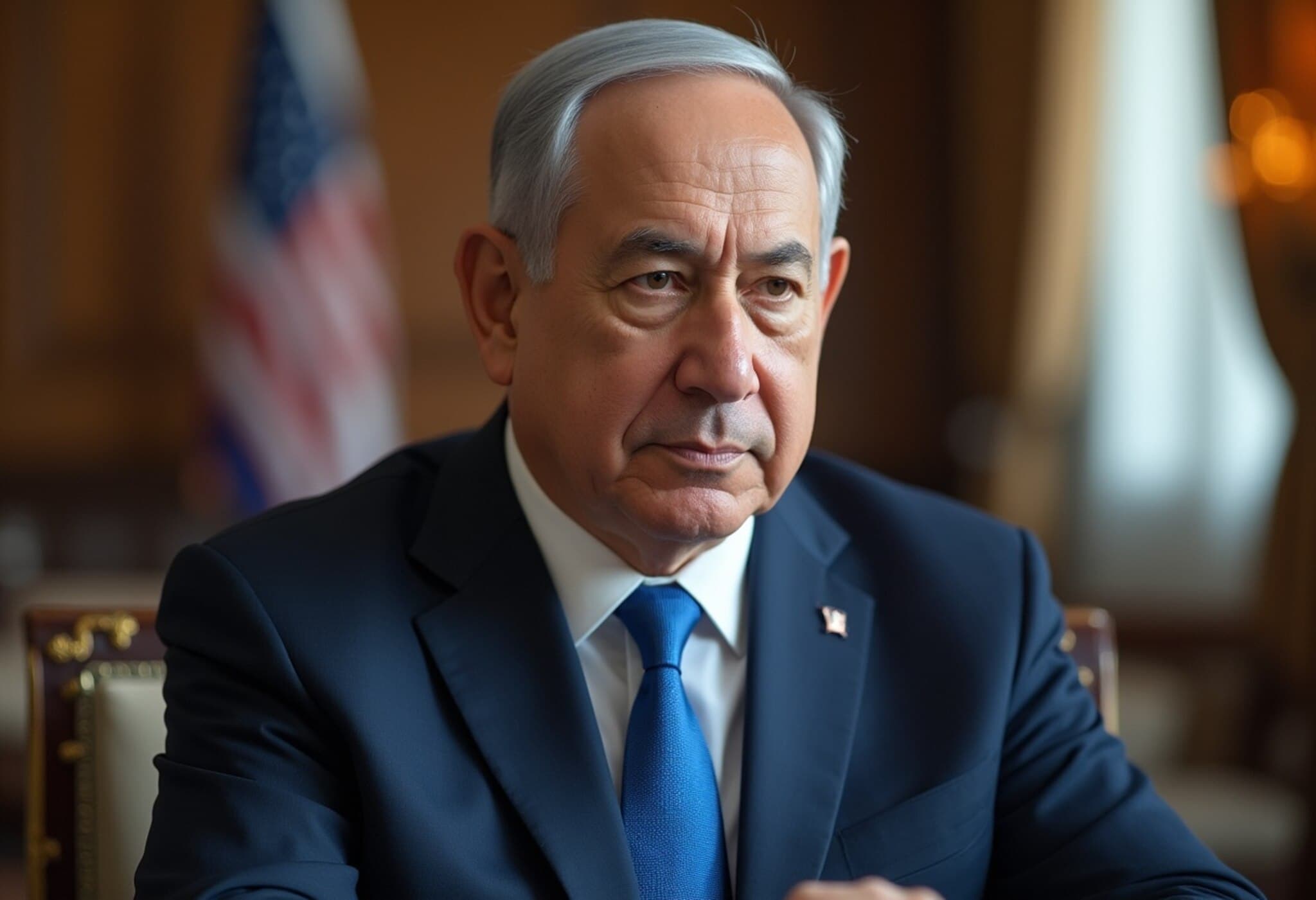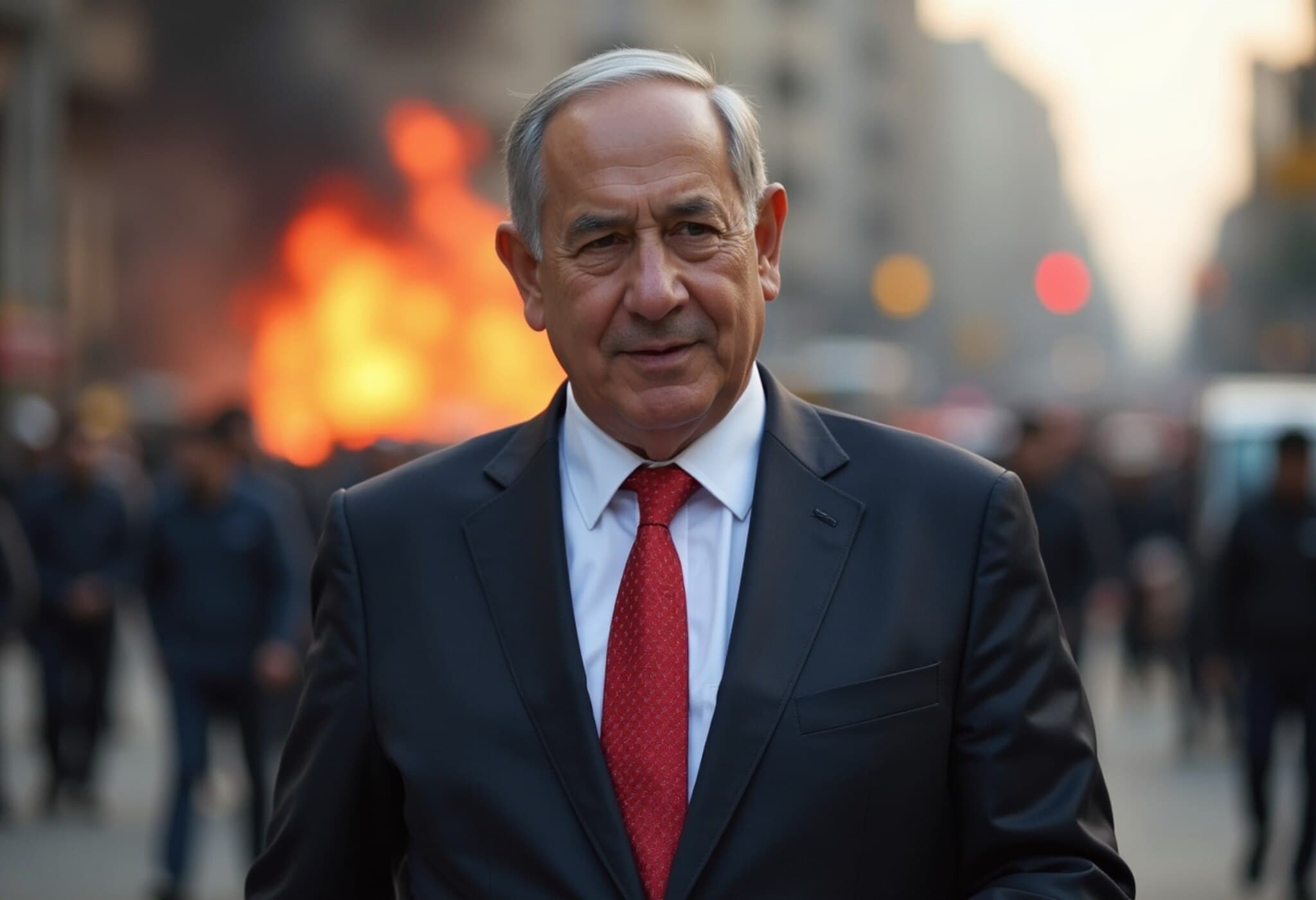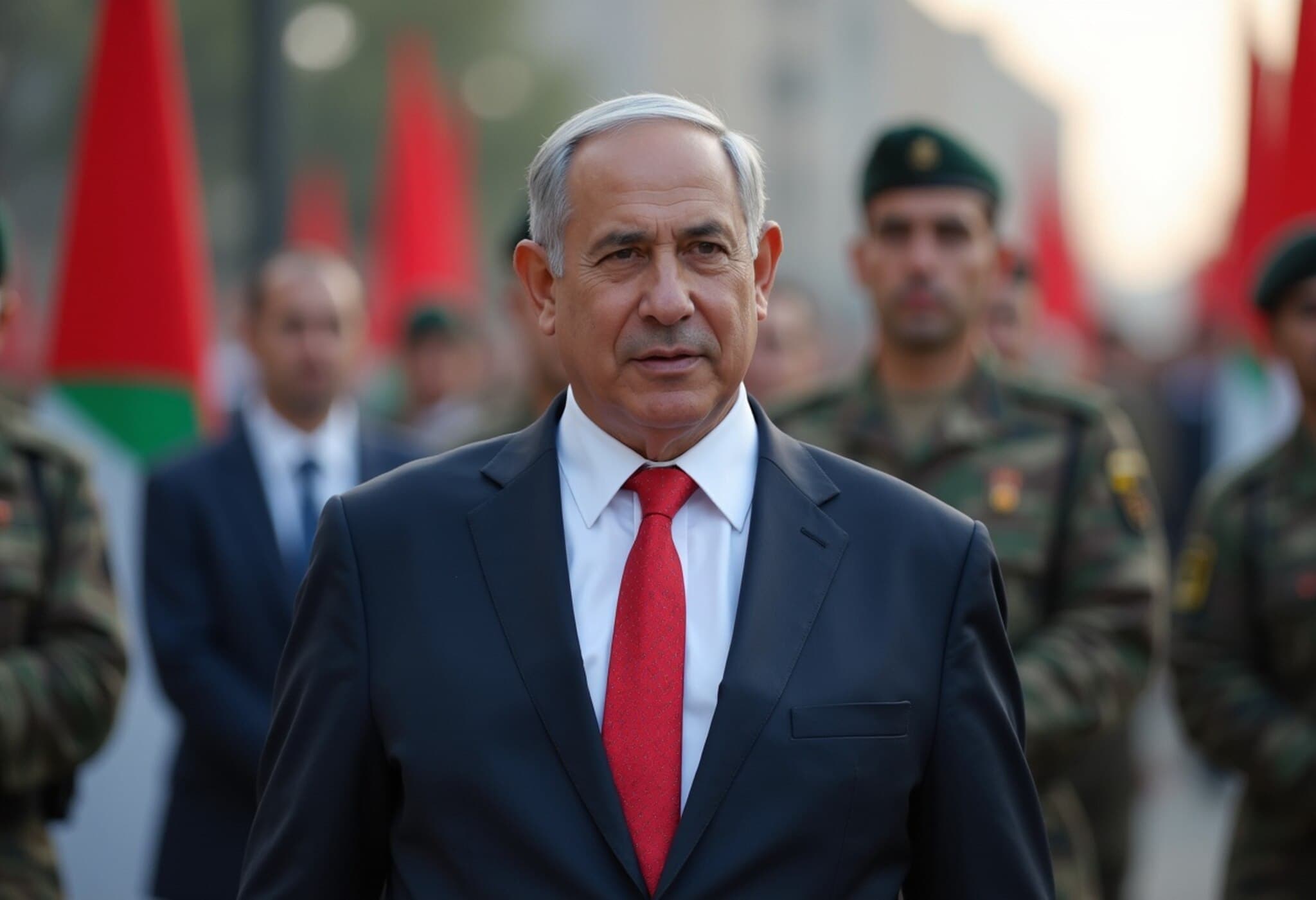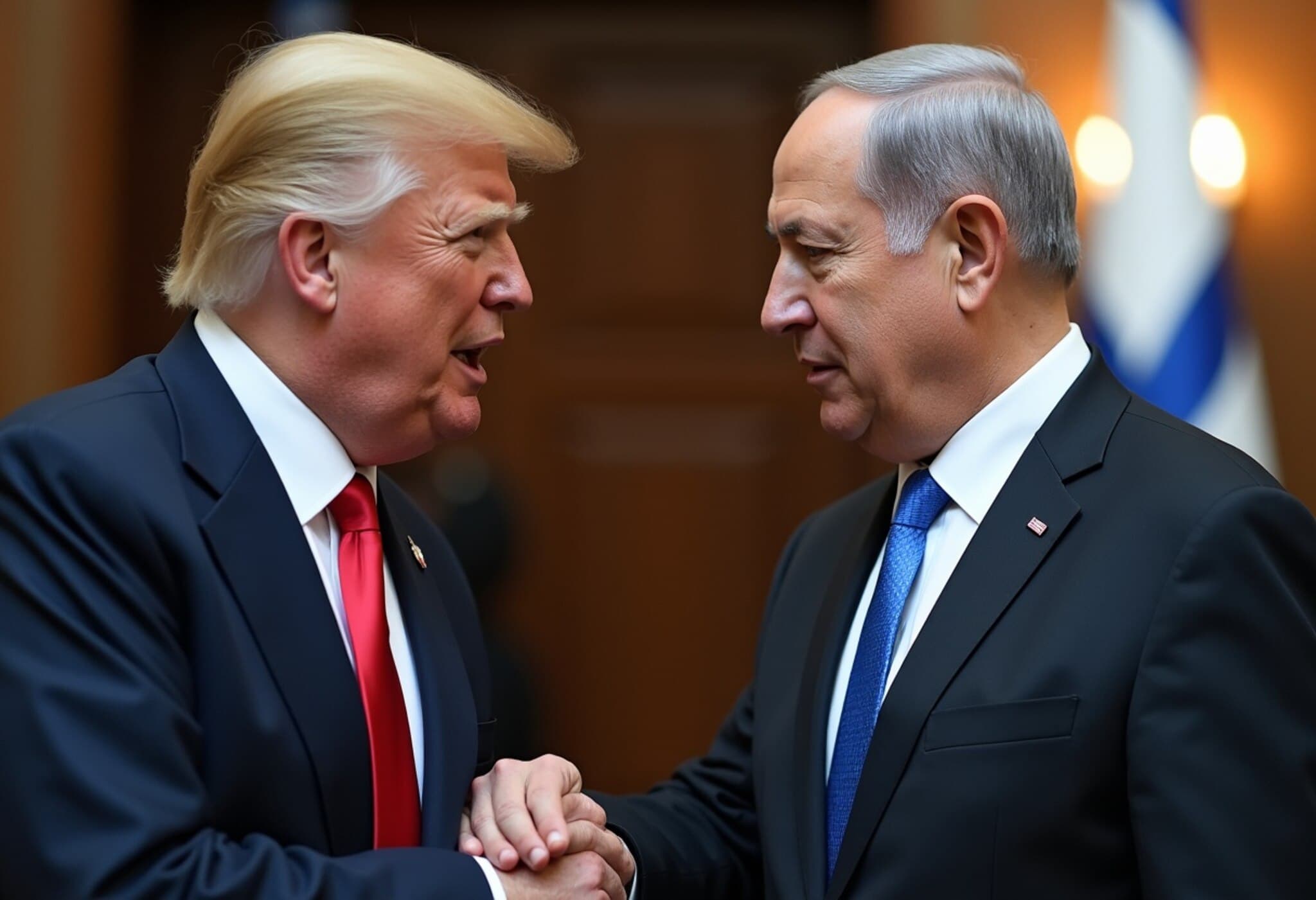Netanyahu Calls for Hostage Negotiations While Pushing Gaza Offensive
In a rare public move signaling a potential shift in Israel’s stance amid intense conflict, Prime Minister Benjamin Netanyahu announced that he has instructed his government to initiate negotiations focused on securing the release of all hostages held in Gaza. This announcement comes as Israel intensifies its military campaign targeting Gaza City, marking a critical phase in the ongoing war against Hamas.
Negotiations "On Terms Acceptable to Israel"
In a video address on August 22, 2025, Netanyahu emphasized that while talks to free the hostages are underway, any resolution must align firmly with Israel’s strategic interests. He stated that the conflict will end only on "terms acceptable to Israel", underscoring the government’s uncompromising position despite opening a channel of dialogue.
Netanyahu linked the potential release of hostages to broader goals, explaining that "Gaza’s demilitarisation and the establishment of a peaceful civilian administration" would not only facilitate freeing the hostages but also reduce future security threats to Israel. This framing highlights Israel’s long-term vision of restructuring Gaza’s governance to prevent the resurgence of militant groups.
Escalation Continues as Military Prepares for Gaza City Assault
While promoting negotiations, Netanyahu made clear that military efforts were accelerating. He convened a high-level security meeting with defense chiefs and cabinet ministers to approve plans for a large-scale offensive aimed at seizing full control of Gaza City and decisively weakening Hamas. Netanyahu described this phase as "decisive," emphasizing the dual objectives of defeating Hamas and securing hostage releases.
The Israeli Defense Forces (IDF) have mobilized tens of thousands of reservists and positioned troops around Gaza City, signaling preparations for intensified ground operations. Despite concerns voiced by Gaza residents who anticipate the operation to ignite "a new war," Israeli military officials remain determined to shorten the timeline for their campaign.
First Public Mention of Ceasefire Considerations
This marks the first time Netanyahu has openly addressed the possibility of a ceasefire since the outbreak of hostilities. The timing follows a recent positive response from Hamas to a mediator-driven proposal, though Netanyahu refrained from publicly confirming specific details of that plan.
Although the mediator's framework suggests a phased approach to releasing hostages — starting with approximately half of those held — the Israeli prime minister emphasized the necessity of a comprehensive deal. Estimates indicate that around 50 hostages remain in Gaza, with at least 20 believed alive. Netanyahu’s insistence on a deal that meets Israel’s full terms implies ongoing skepticism toward partial agreements.
Context and Analysis: Navigating Complex Conflict Dynamics
Netanyahu’s announcement reflects the complex balancing act Israel faces: responding to humanitarian concerns about hostages while maintaining pressure on Hamas through military force. From a policy standpoint, this dual approach underscores Israel’s desire to avoid any perception of weakness in negotiations and deter future militant aggression.
Experts note that while hostage negotiations can open pathways to limited immediate relief, they often complicate military operations, raising critical questions about potential trade-offs. For American policymakers and observers, these developments also highlight the challenges of supporting allies embroiled in protracted conflicts with high humanitarian stakes.
Moreover, the call for Gaza’s demilitarization and civilian governance transition signals Israel’s intent to reshape the long-term political landscape. Whether this vision is achievable amid ongoing violence remains to be seen.
Looking Ahead
The coming days will be pivotal, as Netanyahu’s government navigates the fine line between military objectives and diplomatic openings. The Israeli public and international stakeholders await clarity on whether a ceasefire or partial hostage release might emerge, or if the offensive in Gaza City will proceed unabated.
Editor’s Note
Netanyahu’s balancing act reveals the deep complexities of modern conflict resolution amid asymmetric warfare. While securing hostage release is an urgent humanitarian imperative, Israel’s insistence on ending the war on its own terms reflects broader concerns about security and regional stability. This evolving situation raises vital questions: How will diplomatic efforts influence military strategy? Can negotiators break the deadlock to prevent further bloodshed? And what role can the international community play in fostering a just and lasting peace?

